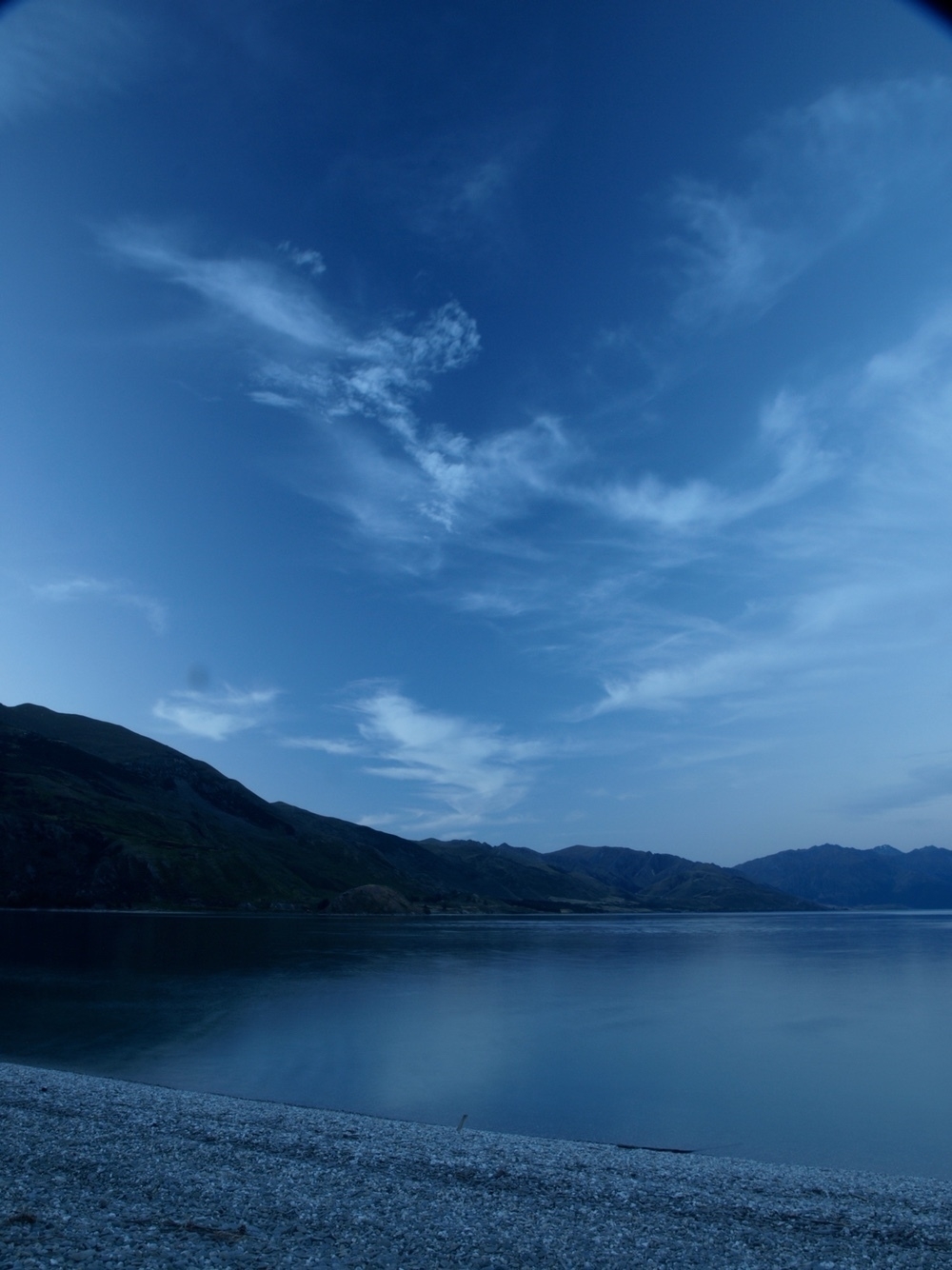Thanks to Owen today I’ve been listening to Humphreys & Keen’s The Overflow - an extraordinarily lovely 2006 album from two core ex-members of the wonderful Able Tasmans. I had not come across it before Mr Harris’s intervention, which does not reflect well on me, sadly.
Anyway, my brain got stuck on one track this afternoon, as I listened to it for the first time. I was grinding away on a piece of SQL, and the song was entitled Clancy. I immediately caught the reference to Banjo Paterson’s Clancy of The Overflow.
Of course, this was enough to halt my brain grinding on SQL, when only a click away I could satisfy my vague remembering of this poem. And so this I did.
Clancy of The Overflow is a rough-hewn but heartfelt thing, like many of his; a piece for the straight talking people of a young, urbanised nation that still doesn’t always like to think of itself as urban (just like ours, in fact). It’s based on a true story: Paterson was working as a lawyer and was asked to write a letter to Clancy, a shearer who was thought to be working at The Overflow station.
And an answer came directed in a writing unexpected,
(And I think the same was written with a thumb-nail dipped in tar)
’Twas his shearing mate who wrote it, and verbatim I will quote it:
“Clancy’s gone to Queensland droving, and we don’t know where he are.”
The rest of the poem is spent imagining where Clancy has got to. It’s evocative stuff:
As the stock are slowly stringing, Clancy rides behind them singing,
For the drover’s life has pleasures that the townsfolk never know. […]
And he sees the vision splendid of the sunlit plains extended,
And at night the wond’rous glory of the everlasting stars.
But then we’re back in town, the contrast between Clancy’s life and the author’s all too apparent:
I am sitting in my dingy little office, where a stingy
Ray of sunlight struggles feebly down between the houses tall
And at that point I looked out the window and saw a ray of sunlight hitting the building across the street. But only just.
For the first time that day I wondered what my father and brother would be doing back on the farm, and whether the sun was shining there too, on their golden hill country east of the Clutha River.
And later, I thought of one of my other favourite poems: W.B. Yeats The Lake Isle of Innisfree, written four years after Clancy, and whose last verse was my email signature when I was living in London, expressing my wish to be elsewhere:
I will arise and go now, for always night and day
I hear the lake water lapping with low sounds by the shore;
While I stand on the roadway, or on the pavements gray,
I hear it in the deep heart’s core.
And every time my mind roved over those words I would see this place:

I still do.
Of course, these are just the idealistic daydreams of the cubicle-dweller.
Clancy himself took that whole beautiful romantic notion of the countryside around the back and shot it in the head with his own reply to Banjo Paterson, some years later (you can tell he was even a little bitter at being best known as the subject of a poem):
And my path I’ve often wended
Over drought-scourged plains extended, […]
And the stock in hundreds dying,
Along the road are lying,
To count among the “pleasures”
That townsfolk never know.
So yes. Chew on that, city boy.